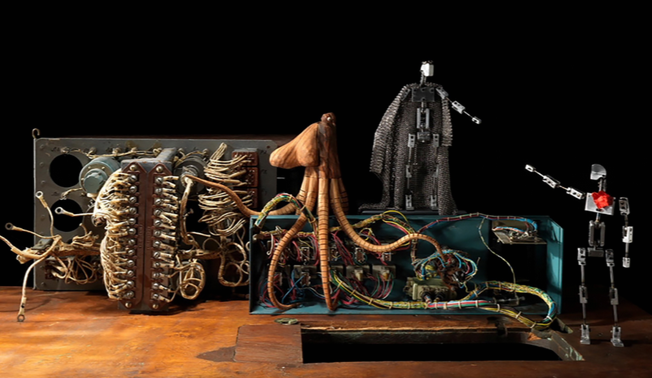Photos: YouTube
On Friday, I received my first dose of the COVID-19 vaccine. I was honored to be accompanied by Dr. Kizzmekia Corbett, the brilliant African-American viral immunologist who is a rock star in the field of immunology science.
From Dr. Corbett’s post at the National Institutes of Allergy and Infectious Diseases, she led the team that performed the scientific miracle of developing and testing the Moderna vaccine in record time. Now she is working to overcome the widespread hesitancy in the Black community about vaccination. Vaccination is imperative to save lives, particularly for African-Americans, disproportionately the greatest victims of the virus.
COVID-19 cases and deaths — now numbering over a staggering 375,000 in the U.S. alone — continue to shatter records on a daily basis. The rampaging pandemic has exposed once more the extreme disparities in our nation.
The Black community has suffered a hospitalization rate 3.7 times greater and a death rate 2.8 times greater than the white community. This reflects the harsh reality of inadequate health care in African-American communities. Many impoverished urban communities are health care deserts with hospitals and clinics unavailable. African Americans disproportionately work for employers that do not provide health care. Those who make too much for Medicaid eligibility are particularly at risk.
African-Americans are also disproportionately essential workers — the nurses, bus drivers, transit workers, grocery store clerks and others — who must go to work and are at far greater risk. The mass incarceration of African-Americans, which continues to this day, also creates far greater risk, since prisoners — like those in nursing homes — are at far greater risk.
Now the vaccines offer the potential of staunching the march of the pandemic and saving millions of lives. For understandable reasons — remember the infamous Tuskegee experiments? — African Americans harbor suspicions about scientists and vaccines. A survey by the Kaiser Family Foundation found that nearly one-half (48%) of Blacks and over one-third (38%) of Latinos were not confident that their needs had been taken into account in the development of the vaccines.
“We know our history, and we understand from where this hesitancy comes,” Dr. Corbett told the Chicago Sun-Times. “On the one hand, we are the communities most plagued by the pandemic. On the other hand, we are communities least likely to get vaccinated.”
Corbett’s role in leading the development of the Moderna vaccine in itself should calm some of the fears. Both of the vaccines currently approved for emergency use — the Pfizer and Moderna vaccines — have proven to be greater than 94% effective at preventing COVID-19 and even more effective at preventing severe cases. The clinical trials involved tens of thousands of participants, including people of diverse backgrounds, races, ages, gender and those with other ailments like diabetes. One in 10 of those tested were Black, numbering in the thousands.
That reality enables scientists like Corbett to have confidence in treating African-Americans with the vaccine.
Racial violence plagues this country to this day. For the country to reach herd immunity, more than three in every four persons must be vaccinated. If African-Americans or Latinos decline to be vaccinated, all will remain at risk.
The past cannot be erased. But the present offers hope with Dr. Corbett’s leadership providing reassurance. To help provide education on the need for vaccination, Rainbow Push has partnered with the National Medical Association, led by its president Leon McDougle. NAM is the largest national organization representing African-American physicians and their patients.
What’s clear is that the scientific community and community leaders must reach out and work hard to ensure that African Americans gain the confidence to get vaccinated. This won’t be easy. But with the leadership of Dr. Corbett and others, and with a new administration getting serious about providing the resources for mass vaccination and for outreach into the communities most impacted, lives can be saved.
I was honored to receive my first dose, and I strongly urge others to join me.












